When it comes to potatoes, moderation is crucial. A healthy diet includes a small serving of a whole, unprocessed potato.
They offer a good potassium supply.
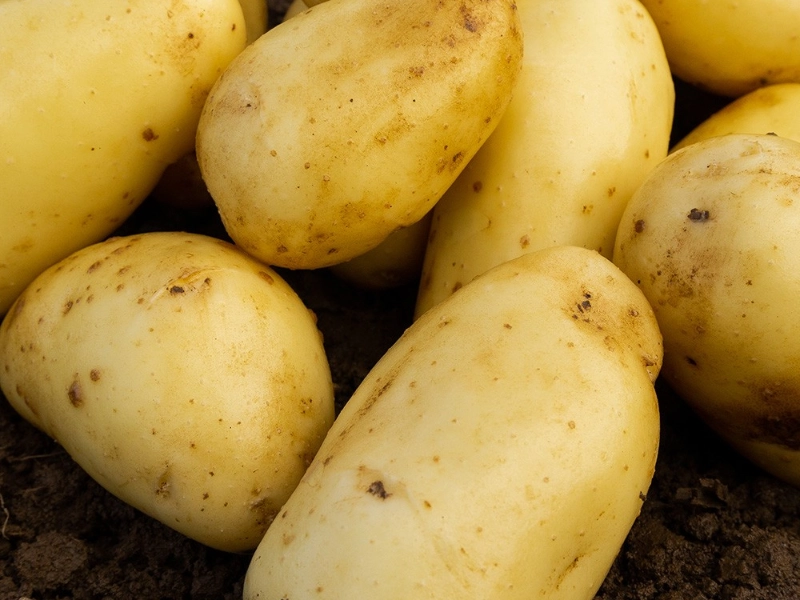
About 620 milligrams of potassium, or 18 percent of the daily required dose, can be found in a medium potato. Both kidney and muscle function normally depend on this crucial mineral. Potassium-deficient diets have been linked to hypertension and stroke.
Potatoes include protein in addition to carbohydrates (approximately 3 g per serving). Because potato protein has an amino acid score that is similar to that of milk protein, it is regarded as a high-quality protein. Moreover, it contains significant concentrations of the vital amino acids lysine, methionine, and threonine, which are critical for muscle growth.
Vitamin C is a potent antioxidant found in both white and sweet potatoes. On the other hand, eating sour cream and butter on top of a potato boosts your intake of trans and saturated fats. You can add taste and maintain the healthfulness of the potato by using only one serving size of these toppings. This will lessen the likelihood of overindulging in a fatty, salty dinner.
They are a good source of vitamin C.

White potatoes are an excellent source of vitamin C, which is necessary for the development and upkeep of bones, cartilage, and blood vessels. They aid in iron absorption as well. In addition to supporting a strong immune system, vitamin C may guard against specific malignancies. More than half of an adult's daily requirement for vitamin C is found in one large potato, with 62 mg per serving.
Potassium, a nutrient necessary for a healthy heart and appropriate digestive function, is abundant in both white and sweet potatoes. In addition, they are high in fiber, folate, and vitamin B6. Folate is a crucial nutrient involved in the creation and maintenance of DNA.
Because potatoes have a high glycemic index compared to other carbs that influence insulin and blood sugar levels, some people choose to avoid them. However, whole potatoes—including the skin—are nutritious if they are baked, boiled, or mashed rather than fried or covered in butter or sour cream. They're a great source of energy, and when combined with strength-training activities, they can help you gain muscle.
They provide a good deal of fiber.

Potatoes are a great source of nutritional fiber, whether they are roasted with a little olive oil and rosemary or topped with butter, sour cream, cheese, and bacon. It's true that a medium-sized potato (skinned) has roughly 3 grams of soluble fiber.
Potatoes, like other vegetables, have a high water content, which makes them filling in the stomach. This is advantageous since potatoes also provide two grams of dietary fiber per serving, which reduces appetite by delaying the absorption of sugar and the process of digestion.
Potassium, vitamin C, B6, magnesium, phosphorus, and folate are among the vitamins and minerals that are abundant in potatoes. Additionally, they are a strong source of iron and calcium, two elements that can help ward off osteoporosis.
They are a valuable protein source.
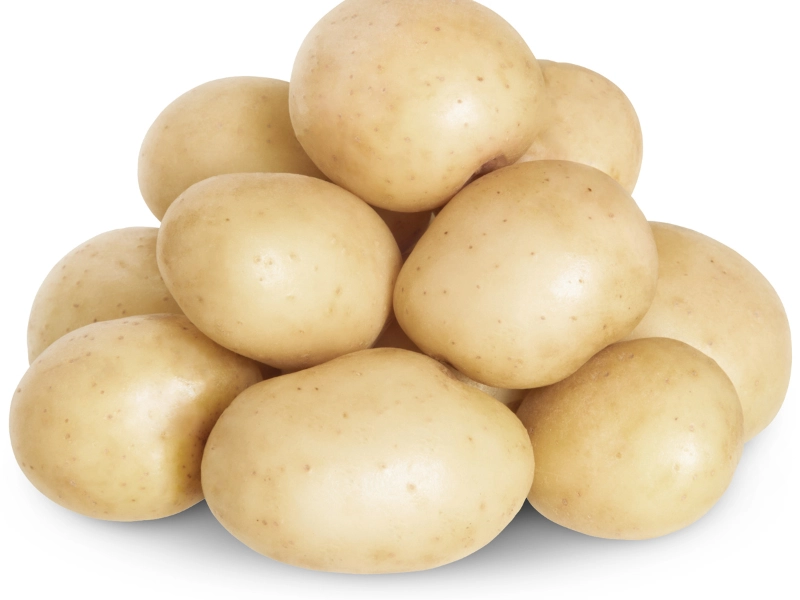
Even though potatoes don't always get a good reputation, particularly when they're deep-fried or baked and covered in butter and salt, they can still be a nutritious component of a diet. A medium potato is quite minimal in fat and sodium and only has 110 calories. They also include potassium, vitamin C, and vitamin A.
They provide high-quality plant protein for energy and muscle repair, despite their high glycemic index. Additionally, they provide a balanced supply of vital amino acids, which are necessary for immune system function, digestion, and muscular growth.
When eaten alongside lean proteins and vegetables, one cup of potatoes is a significant source of fiber that can help decrease blood pressure. Additionally, they supply a healthy amount of potassium, which lowers blood pressure and the body's consumption of sodium. This lowers cholesterol, guards against high blood pressure, stroke, and heart disease, and helps preserve the kidneys and heart. Don't discard the skins; they are also an excellent source of magnesium and potassium.
Advertisement
Recommended Reading: Are potatoes hypertensive foods?

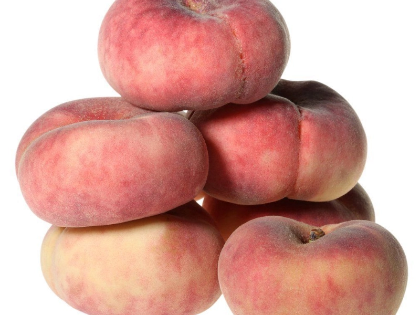
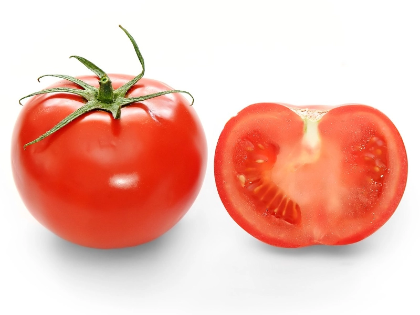









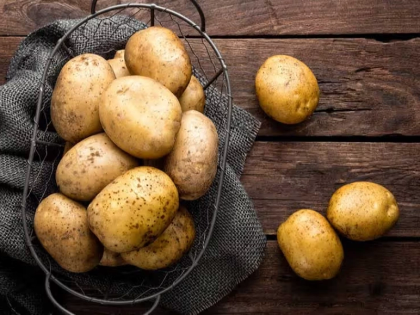





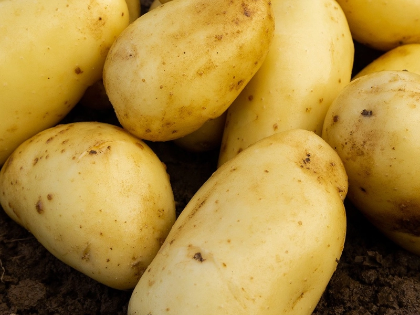


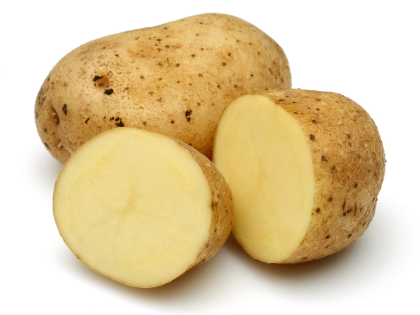


Coheres with reliability goals.